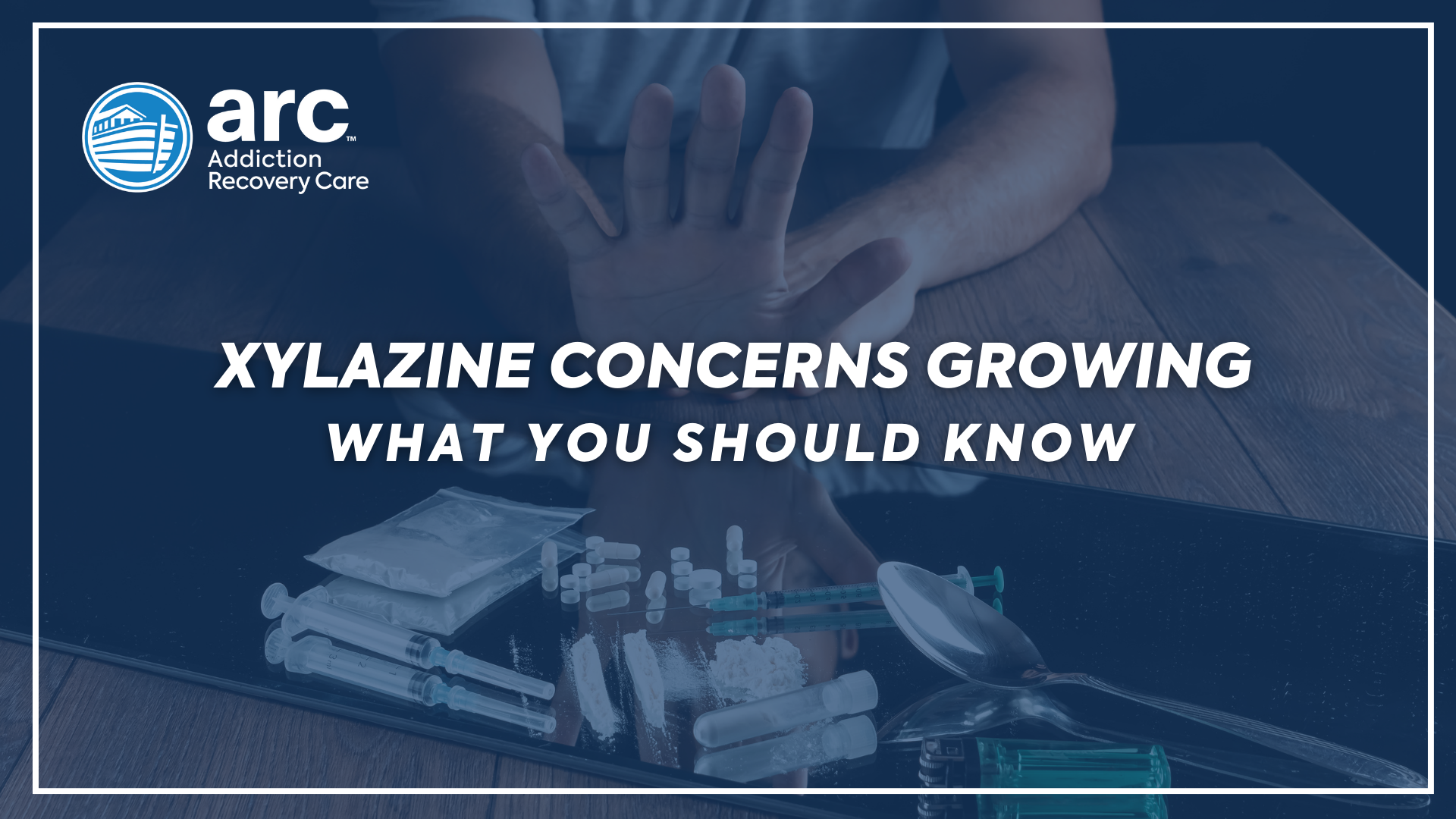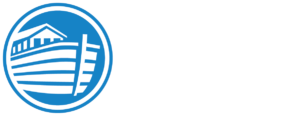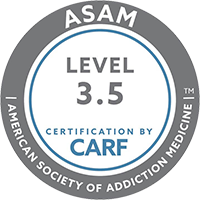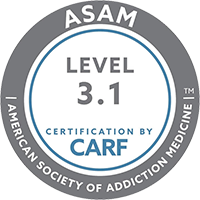
As part of its ongoing efforts to fight the dangerous and deadly combination of xylazine and fentanyl, the White House recently released a National Response Plan to address this growing threat.
According to the plan, the federal government intends to develop and deploy a treatment framework for individuals exposed to xylazine.
“Addiction Recovery Care has beds available today, if you or a loved one are struggling with substance use and ready to change course. We know that a day can be the difference between life and death, especially with more xylazine and fentanyl entering the drug supply. Our intake line is open 24/7/365. Our team stands ready to help you start the recovery process safely and without delay."
Matt Brown
Xylazine, sometimes referred to as “tranq,” is a non-opioid tranquilizer approved by the FDA for veterinary but not human use. A report from the DEA indicates that xylazine-positive overdose deaths increased by 1,127% in the south, 750% in the west, more than 500% in the midwest and more than 100% in the northeast between 2020 and 2021. Earlier this year, the Biden administration designated fentanyl combined with xylazine as an emerging threat in the U.S.
Addiction Recovery Care, which operates a network of more than 30 treatment programs across Eastern and Central Kentucky, is sharing resources on overdose prevention and what to do if someone is overdosing.
- Difficulty breathing
- Small pupils
- Disorientation
- Lips and fingernails turning blue or purplish black
- Pale or clammy face
- Choking or gargling sounds
- Call 911
- Perform CPR based upon your level of training
- Immediately administer naloxone (Narcan)
Because xylazine is not an opioid, naloxone (Narcan) does not reverse the effects of an overdose. However, experts always recommend administering naloxone if someone might be experiencing an overdose.
For more information on overdose prevention and how to respond, visit arccenters.com/family-and-friends/overdose-prevention/.
To learn more about treatment options at ARC, call ARC’s help line at (888) 351-1761 or visit arccenters.com to chat with a representative.





